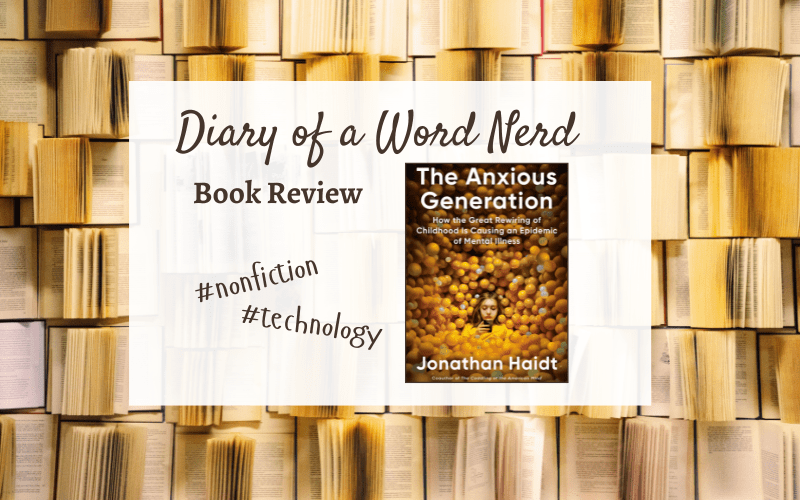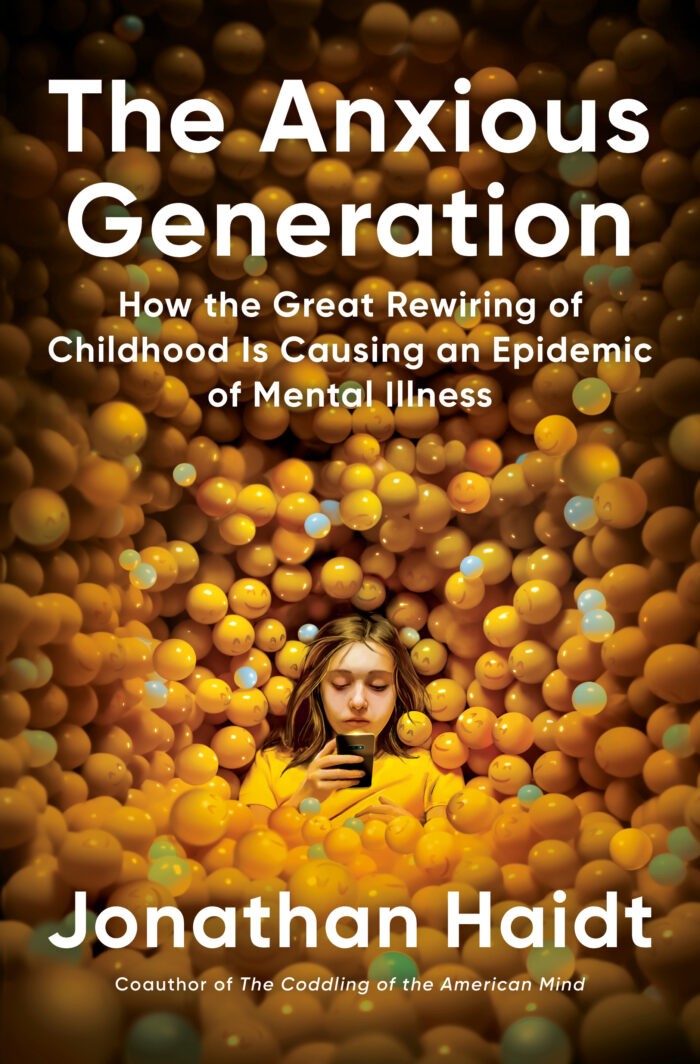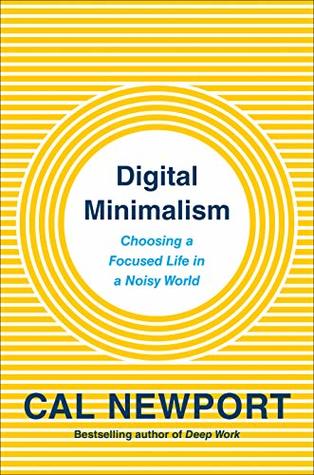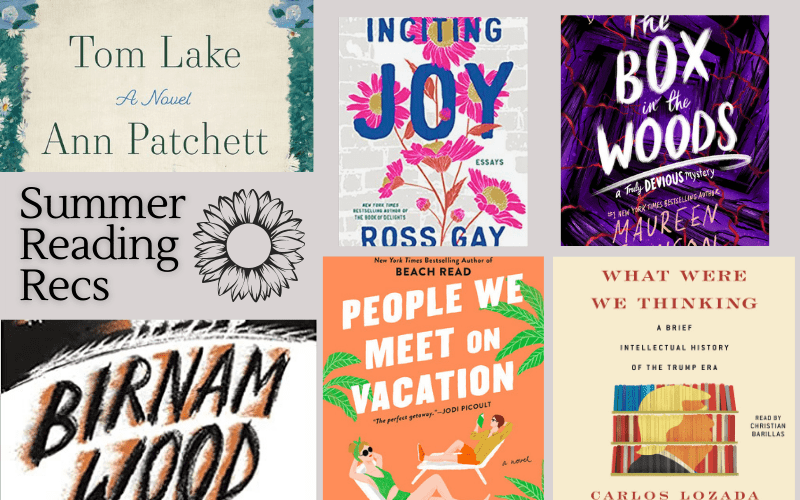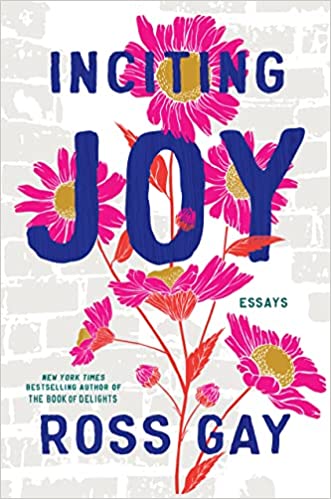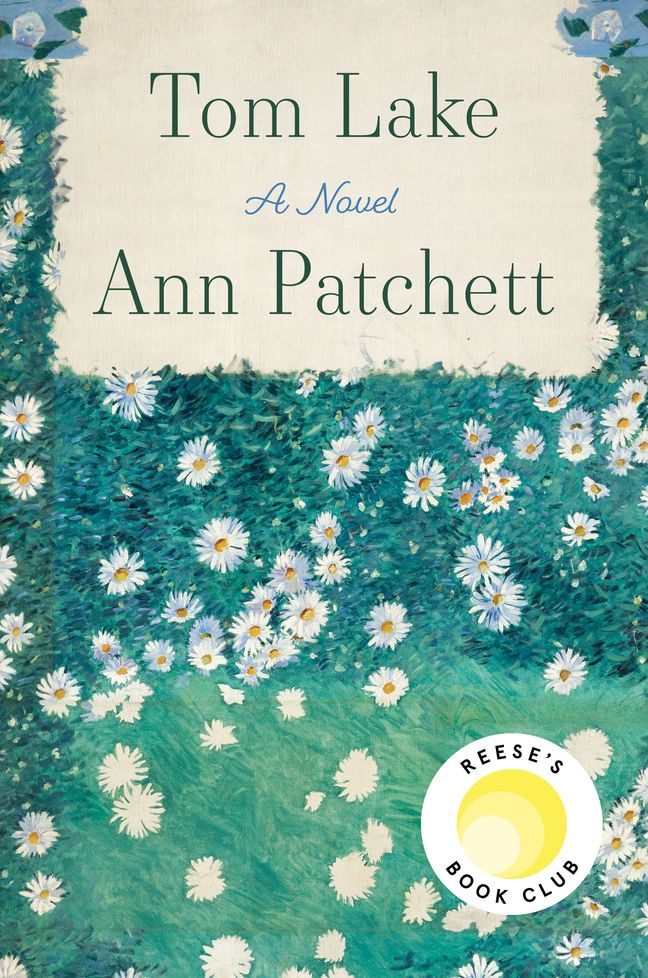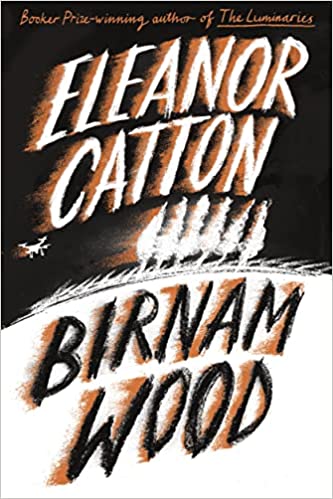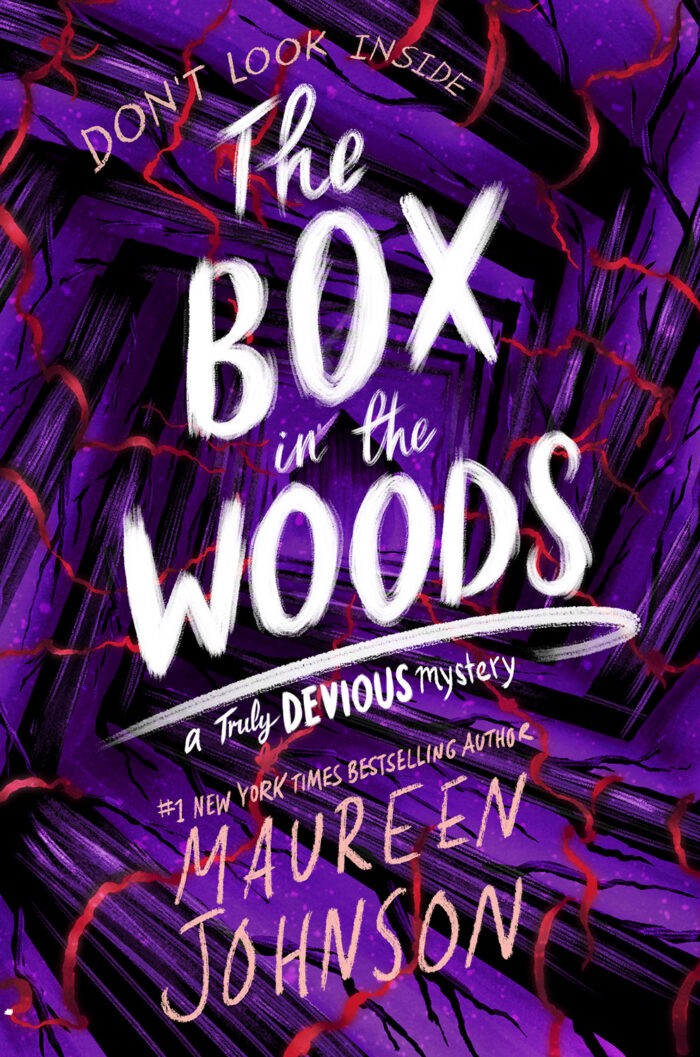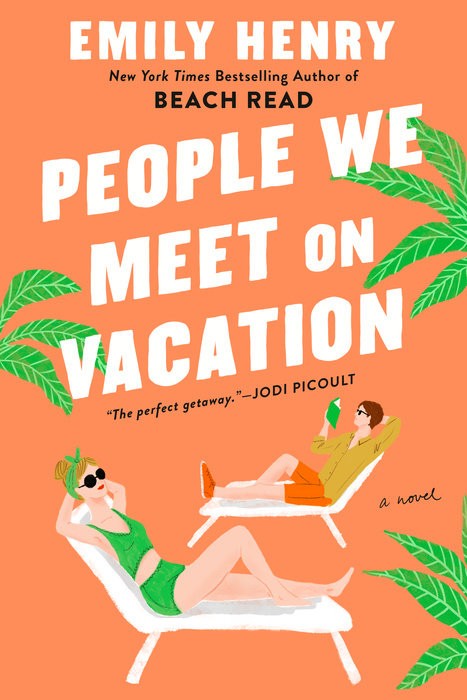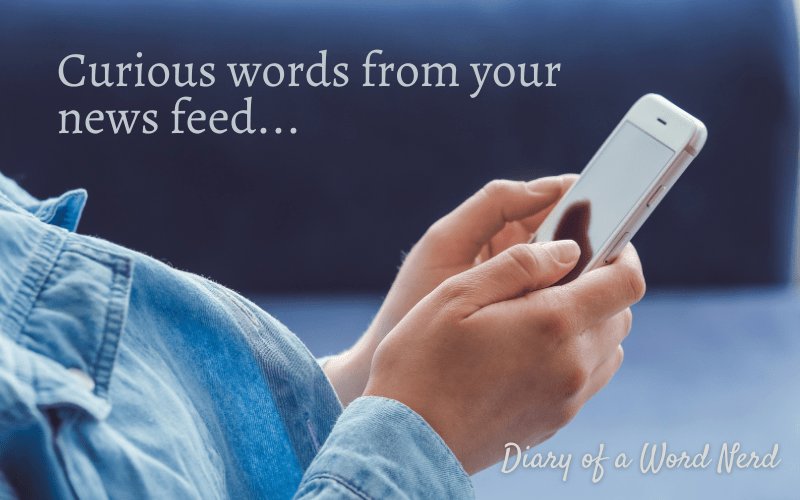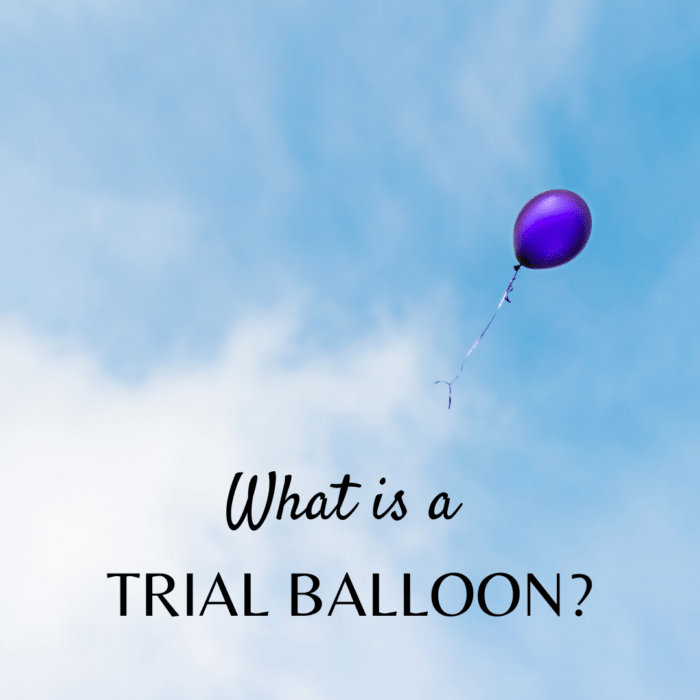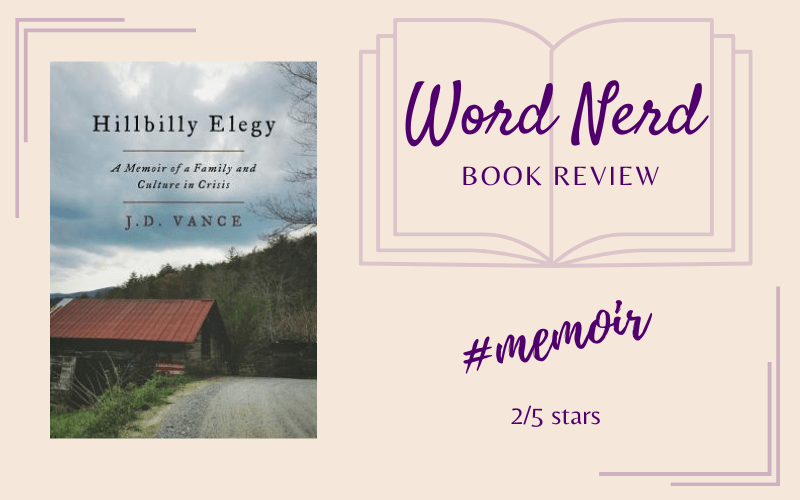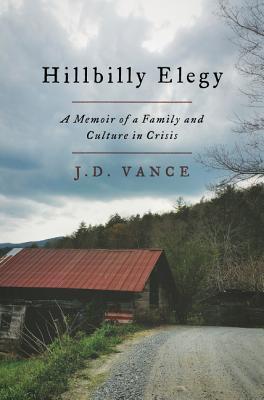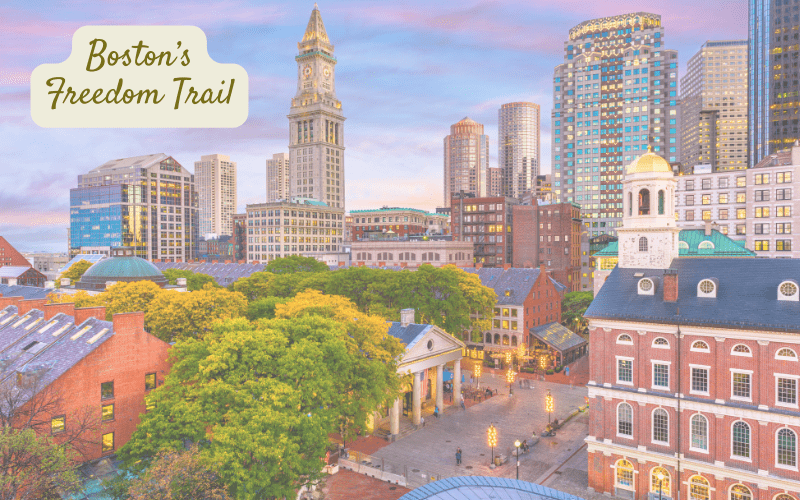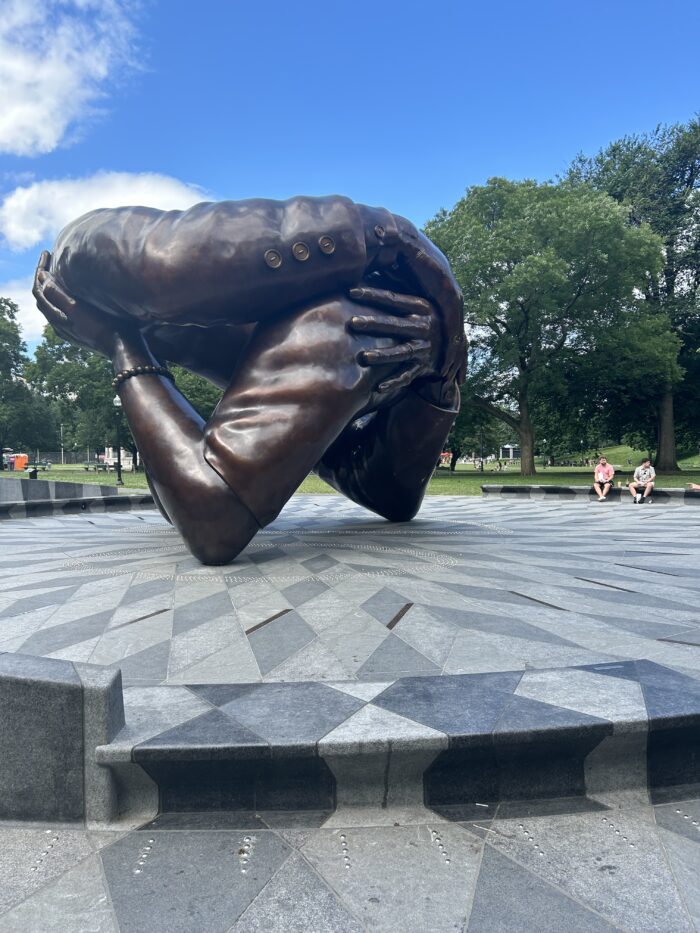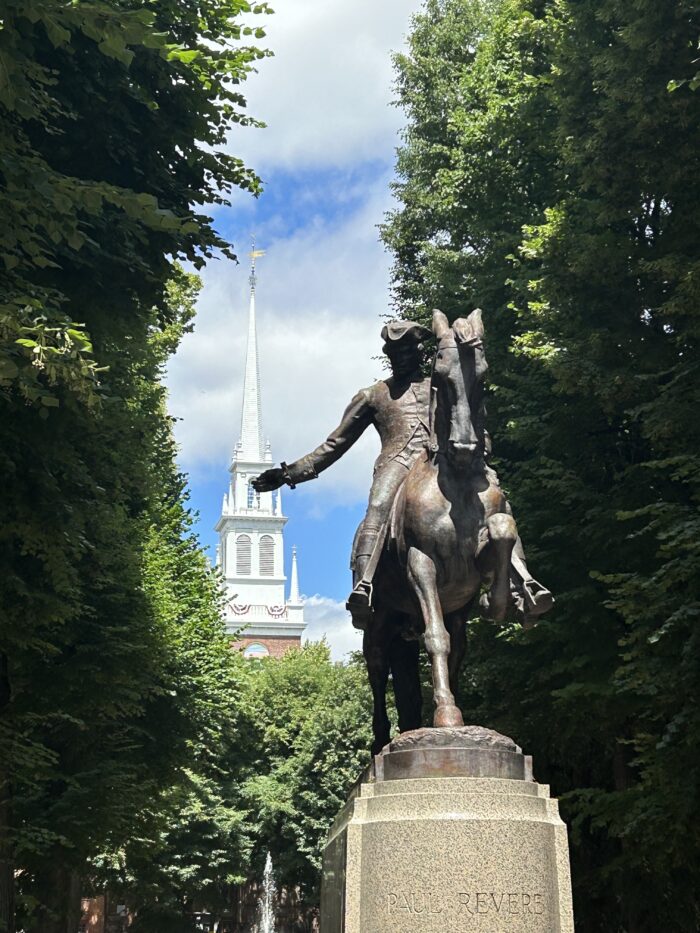Since 2010, the suicide rate for girls increased by 167%. It increased by 91% for boys. Do you know what also happened around 2010? The proliferation of smart phones.
Some people claim iPhones and Tik Tok will cause the downfall of humanity. Others think the role of smart phones in mental health is overhyped. Whatever your stand, everyone needs to pay more attention to how smart phones are affecting our culture and our health, especially when children are concerned.
I’ve been interested in the relationship between humans and technology for years, but everything came to a head this summer when Governor Glenn Youngkin of Virginia issued Executive Order 33, which has direct bearing on my role as a school board member. The order said:
“Creating a cell phone-free education environment in public schools is not only a prudent measure but an essential one to promote a healthier and more focused educational environment where every child is free to learn.”
The Virginia Department of Education held listening sessions around the state to gather feedback from parents, teachers, administrators, and public officials about the best way to pursue Cell Phone Free Education. I attended a session in Abingdon, Virginia, and early in the conversation, people mentioned a book by Jonathan Haidt called The Anxious Generation. Administrators and school boards were reading it. People quoted disturbing statistics, like the ones above.
I downloaded the audio book and started listening on the drive home. Jonathan Haidt, a social psychologist, has some interesting data and theories about the affect of smart phones on children, and I think his book is worth your time, especially if you are a parent or teacher.
Premise
Haidt breaks The Anxious Generation into four parts. First, he presents LOTS of data about teen mental health trends over the past few decades. In Part Two, he discusses the decline of what he calls “Play Based Childhood.” Haidt claims that older generations had much more freedom to interact in the real world, which helped them develop better social and coping skills. In the late 1980s and 1990s, parenting became more restrictive, and children’s interactions in the real world were much more limited and structured.
In Part Three, Haidt describes “The Great Rewiring” or, the rise in a Phone Based Childhood. He points out four ways phones have affected child development, including social deprivation, sleep deprivation, attention fragmentation, and addiction.
Finally, in Part Four, Haidt offers solutions for addressing the problematic issues our culture faces, and he stresses the need for a collective, holistic response. His suggestions are challenging and thought provoking.
What I like
I appreciate how much data Haidt includes in The Anxious Generation. He even has a website that includes links to Google Docs that are continuously updated with data and notes. His approach is logical, and he does address some arguments against his stance.
The Anxious Generation explores issues and situations very relevant for our time. I could relate to much of what Haidt shared. My parents did turn me loose outside for hours on end without supervising me when I was a child. I walked to friend’s houses and had lots of interactions with adults other than my parents to make my way through Girl Scout meetings, sports practices, and time with friends. I cannot deny my children had less freedom and more structure growing up. And now I wonder how that has affected their development.
The relevance of The Anxious Generation makes it a compelling read, and one that inspired me to think a lot about my relationship with technology and how my children have come to manage their use of smart phones. (Currently, one is considering getting a phone that doesn’t have internet access. Another often leaves his behind and actively fights phone addiction.)
What I don’t like
Haidt’s suggestions are at times unrealistically optimistic. He spends a lot of Part Four discussing “Collective Action for a Healthier Childhood,” breaking down tasks for parents, schools, and governments. His ideas are definitely worth pursuing, especially the importance of educating parents, children, and policy makers about the dangers of excessive phone use. However, some of his ideas didn’t seem logistically possible, especially in our litigious society. He acknowledges he’s calling for drastic and fundamental change. It’s going to take a lot of will to get where he wants us to go.
Recommendation
I highly recommend reading The Anxious Generation. Even if data doesn’t directly implicate smart phones for the rise in mental health issues and educational challenges, we all can agree that smart phones are changing us. This is another important read for considering the relationship between humans and technology. I also recommend Digital Minimalism by Cal Newport and The Glass Cage by Nicolas Carr.
What do you think about “Cell Phone Free Education?” Have you been affected by changes in your community schools?
Thanks for getting nerdy with me!



